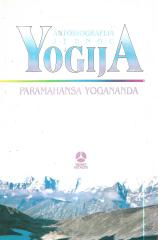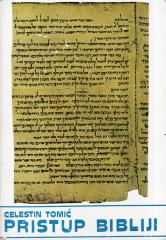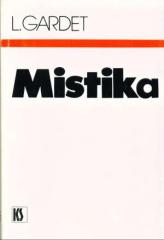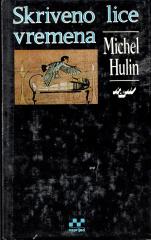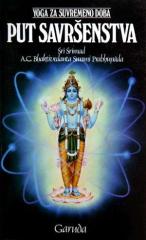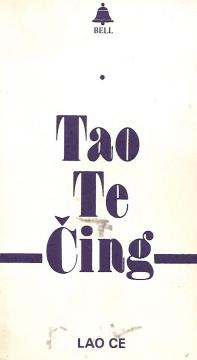
Tao Te Čing
The Tao Te Ching is the foundational text of Taoism, condensed into 81 short chapters. Written around 2,500 years ago, it offers guidance for a harmonious life in accordance with the Tao – the universal principle that permeates the universe, the elusive s
The book emphasizes simplicity, modesty, and naturalness. Lao Tzu teaches that the true path (Tao) is spontaneous and unforced, opposed to ambition and over-action. The key concept is wu-wei (non-action), which does not mean passivity, but acting in accordance with the natural flow without resistance. Lao Tzu criticizes social norms, such as greed and power, advocating a return to a simple life.
The text explores the balance between opposites (yin and yang), emphasizing that truth is found in their harmony. The wisdom of a leader lies in modesty and listening, not in dominance. Lao Tzu uses paradoxes, such as "softness conquers hard" or "weakness is stronger than strength," to show that adaptability and flexibility lead to success.
The Tao Te Ching is also a practical guide to inner peace, encouraging the reader to meditate, introspect, and let go of the ego. Its universal wisdom has inspired philosophers, artists, and spiritual seekers around the world, often interpreted in the context of ecology, leadership, and personal development. Although short, the text is layered, inviting multiple readings.
One copy is available
- Slight damage to the cover
